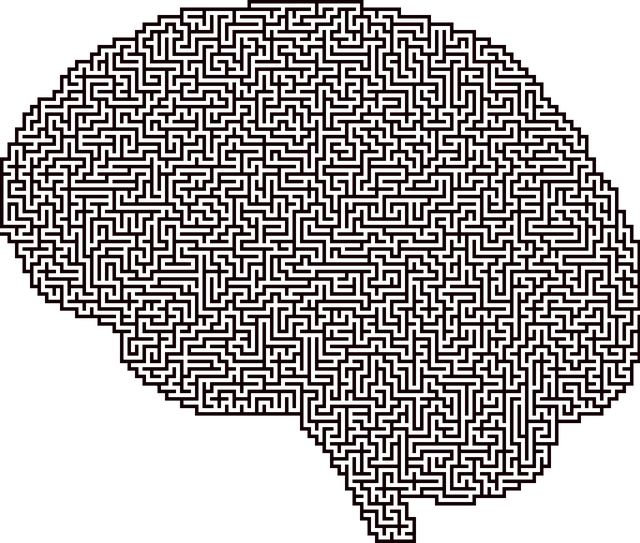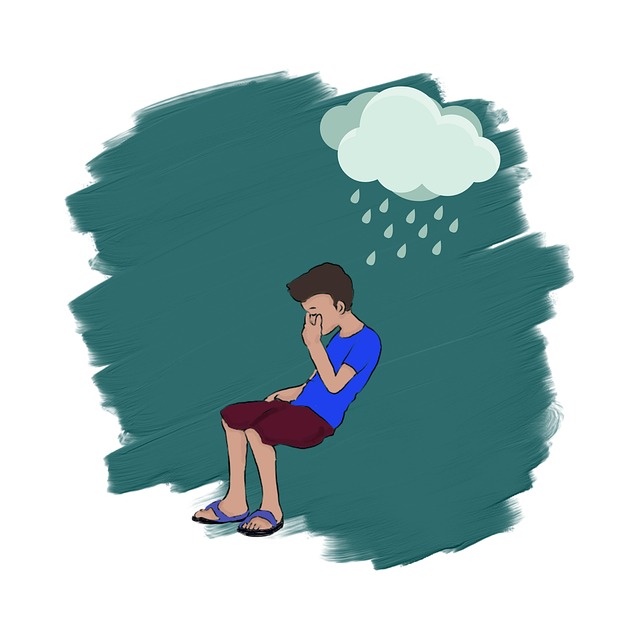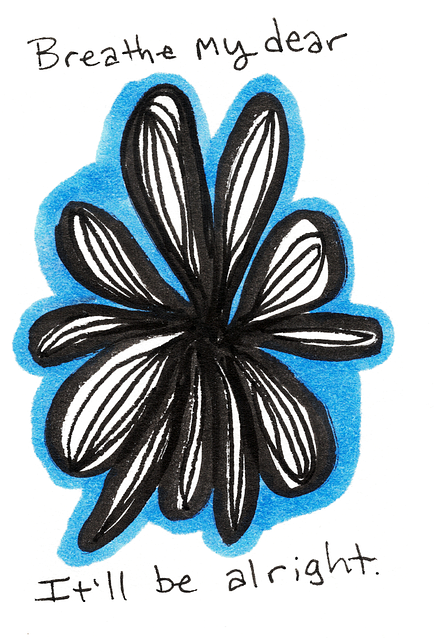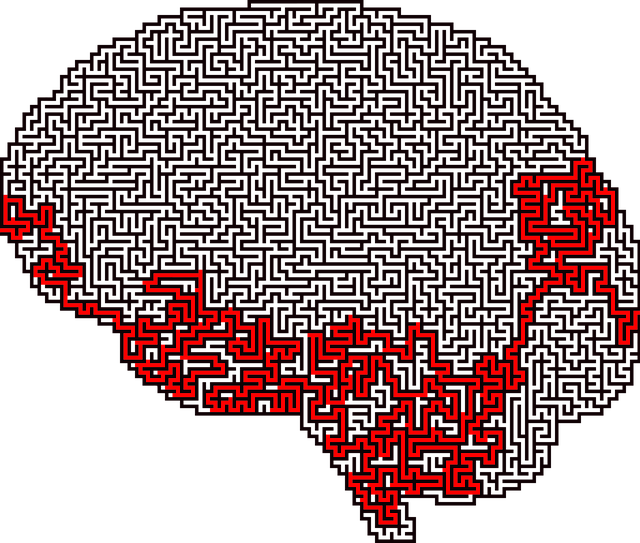Highlands Ranch Neuro Disorders Therapy focuses on Resilience (R), Flexibility (F), and Mobility (M) principles to empower individuals with neuro disorders, using self-awareness exercises and coping skills development. This approach, integral to Risk Management Planning, enhances mental health outcomes. By integrating Resilience Building Exercises (RBE), Highlands Ranch fosters a resilient community culture, addressing healthcare provider burnout. Their comprehensive success measurement strategy includes regular evaluations, data-driven interventions, cultural sensitivity training, and empathy-building strategies for stronger client-therapist relationships, resulting in positive outcomes.
In the realm of Highlands Ranch neuro disorders therapy, Resourceful Family Management (RFM) emerges as a powerful tool. This approach focuses on building resilience through targeted exercises, enhancing clients’ coping mechanisms and overall well-being. This article delves into the implementation of RFM in local settings, exploring its impact on therapy outcomes. We’ll examine practical steps, measurement strategies, and real-world success stories from Highlands Ranch, shedding light on how these exercises revolutionize neuro disorders treatment.
- Understanding RFM and its Impact on Neuro Disorders Therapy
- Implementing Resilience Building Exercises in Highlands Ranch
- Measuring Success and Enhancing Client Outcomes
Understanding RFM and its Impact on Neuro Disorders Therapy

Understanding RFM (Resilience, Flexibility, and Mobility) is pivotal in the realm of Highlands Ranch Neuro Disorders Therapy. This approach recognizes that individuals with neuro disorders often face significant challenges in their daily lives. By integrating RFM principles, therapists can facilitate clients’ ability to adapt and cope with stress, a crucial aspect of mental health care. The concept emphasizes self-awareness exercises and coping skills development, enabling patients to navigate life’s uncertainties more effectively.
In the context of Risk Management Planning for Mental Health Professionals, RFM becomes an indispensable tool. It equips professionals with strategies to support clients in building resilience, enhancing their coping mechanisms, and fostering self-awareness. This, in turn, improves overall mental health outcomes, particularly relevant in addressing the unique needs of individuals navigating neuro disorders.
Implementing Resilience Building Exercises in Highlands Ranch

Highlands Ranch, with its serene beauty and vibrant community, offers a unique environment for implementing Resilience Building Exercises (RBE). These exercises are designed to enhance mental wellness and counteract burnout, particularly among healthcare providers who often face high-stress situations. By incorporating RBE into the local neuro disorders therapy practices, Highlands Ranch can foster a culture of resilience and self-care.
The benefits extend beyond individual well-being; stronger, more resilient communities emerge when residents prioritize mental health. This approach aligns with global trends in burnout prevention strategies for healthcare providers, emphasizing the importance of self-esteem improvement and maintaining optimal mental wellness. With dedicated spaces and programs, Highlands Ranch can become a model for integrating RBE into daily life, ensuring its residents thrive in both mind and body.
Measuring Success and Enhancing Client Outcomes

Measuring success in Highlands Ranch Neuro Disorders Therapy involves a multifaceted approach, focusing on enhancing client outcomes and fostering resilience. Through regular evaluation, therapists can assess progress, identify areas for improvement, and tailor interventions to meet individual needs. This data-driven methodology ensures that each client receives personalized care, maximizing the benefits of therapy.
Implementing exercises like those in Cultural Sensitivity in Mental Healthcare Practice and Empathy Building Strategies plays a pivotal role in achieving these outcomes. By promoting cultural competency among healthcare providers, therapies become more inclusive and effective. These strategies not only improve therapist-client relationships but also lead to better engagement and adherence to treatment plans. Ultimately, this holistic approach contributes to the success stories that highlight the impact of Highlands Ranch Neuro Disorders Therapy.
The implementation of RFM and resilience-building exercises in Highlands Ranch neuro disorders therapy has proven to be a game-changer. By understanding the impact of RFM, therapists can effectively tailor interventions to enhance client outcomes. Measurable success indicates that these exercises not only build resilience but also significantly improve the quality of life for individuals navigating neuro disorders. Moving forward, continued exploration and integration of such innovative practices will undoubtedly revolutionize therapy in Highlands Ranch and beyond.














